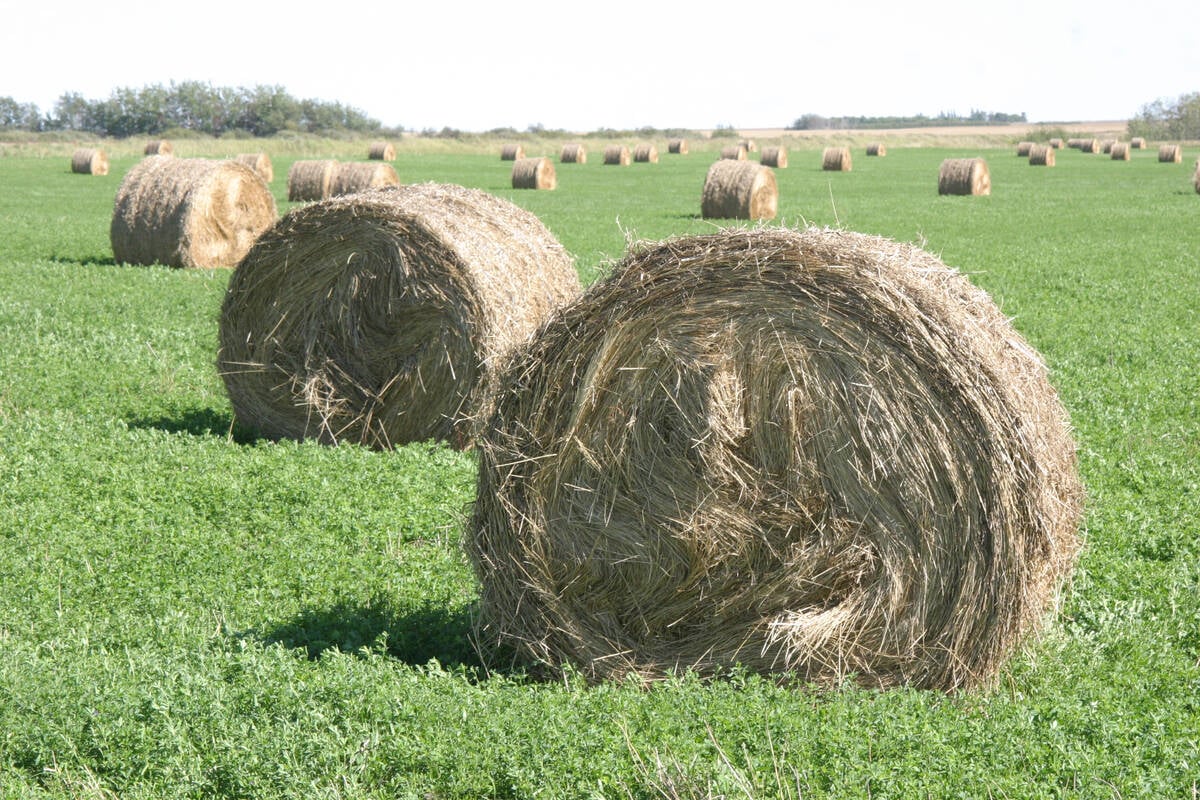More than 60 million people in 117 countries daily visit a McDonald’s restaurant and expect consistent quality and reasonable prices.
Whether it is offering kosher beef in Israel or vegetarian meals in India, the company strives to use locally produced foods that are safe to eat, said Jose-Luis Bretones, director of the worldwide supply chain for McDonald’s.
“We try to be as local as possible,” he said at the International Livestock Identification Association conference held at Spruce Meadows near Calgary July 20.
Read Also

Breaking down successful winter feeding into six steps
It’s that time of year when it is important to start planning for a cow herd’s winter feeding program. Here are six steps I think are necessary to consider when getting your feed tested.
Shaky commodity markets in recent years have resulted in unpredictable price swings, consolidation in the meat processing industry and shrinking livestock herds. That volatility has forced McDonald’s to change the way it does business.
Most restaurants are franchises but in the last 10 years, the company has aligned more closely with those operations because some commodities including beef are in short supply.
The company has a global beef board that meets every two to three months to discuss beef supplies, quality, safety and prices.
“Sustainability is taking more and more of our time,” he said.
If something goes wrong with a supplier in one place, they must have options. Many countries have enough local beef but they are forced to use South American beef for Asian and African restaurants.
In Canada, the beef is 100 percent domestic product but in the United States, about 10 percent comes from Australia and New Zealand.
In Russia and the European Union, beef is in short supply and it is difficult to import manufacturing quality beef, Bretones said.
At the same time, McDonald’s has become more active in defending red meat and confronting anti-beef messages. The policy is to align with the experts on the value of red meat and where it comes from.
“Anyone can put up a web page,” Bretones said.
However most restaurant guests indicate food traceability is low on the agenda with one exception.
“Japan is the extreme and you have markets that couldn’t care less about traceability,” Bretones said.
Food companies do not advertise their ability to provide traceback or promote good animal welfare practices. Consumers assume everything is fine with the way food is produced and companies do not want to create undue concern, said Glenn Brand from Canada’s Beef Information Centre.
Further BIC consumer surveys show people are not demanding traceability because they assume the products are safe and wholesome.
“They have to have confidence and they have to trust the product and the people who produce it,” Brand said.
“It is a prerequisite that is more important than any other demand attributes that are typically given in research,” he said.
BIC studies show about 90 percent of Canadians surveyed are confident in the domestic supply.
While most shoppers are driven by price, many said they would pay more for Canadian beef.
“There is a surprisingly high correlation among those who are willing to pay a premium,” he said.
McDonald’s trivia
McDonald’s Corporation has restaurants in 117 countries and each year it requires:
•1.6 billion pounds of beef
•1.3 billion pounds of chicken
•3.1 billion pounds of potatoes
•0.3 billion pounds of pork[















